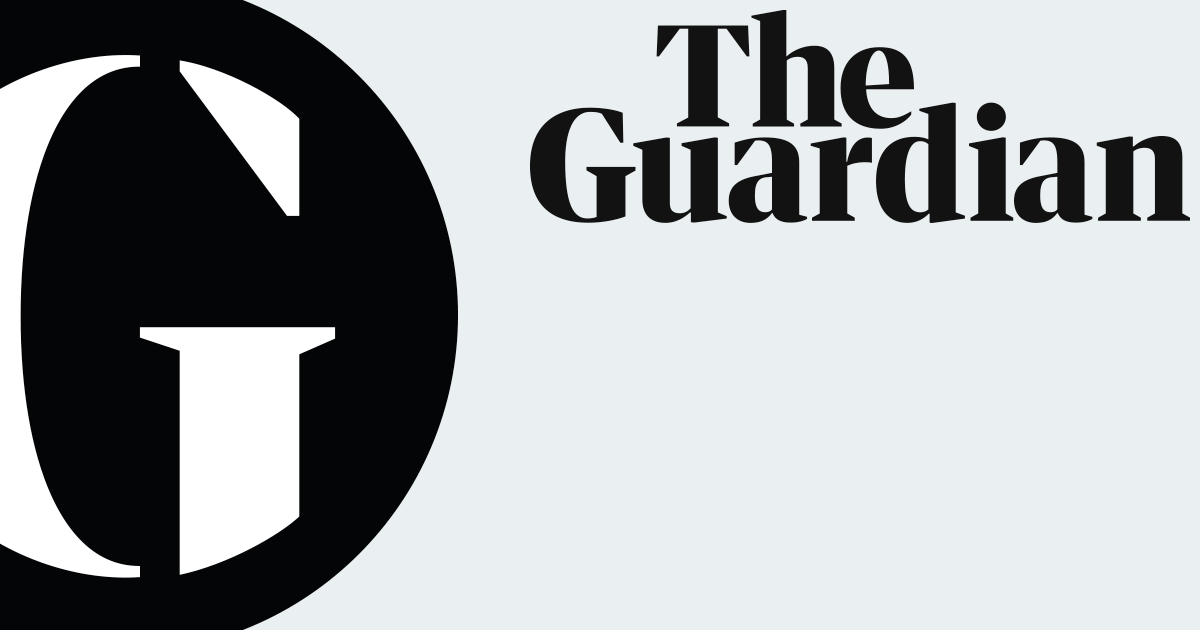The Dutch government will ban the sale of hallucinogenic mushrooms, the justice ministry said yesterday, rolling back part of the country’s permissive drug policy after a number of incidents, including the death of a teenager who had eaten them.
The ban will go into effect within months and does not need parliamentary approval, Wim van der Weegen, a ministry spokesman, said. Shops that continued to sell magic mushrooms would be closed.
Under the country’s tolerance policy cannabis is technically illegal but police do not prosecute people for possession of small amounts, and it is sold openly in designated cafes. Possession of hard drugs such as cocaine, LSD and ecstasy is illegal. Mushrooms will fall somewhere in the middle. "We’re not talking about a non-prosecution policy, but we’ll be targeting sellers," Mr Van der Weegen said.
Psilocybin, the main active chemical in the mushrooms, has been illegal under international law since 1971. However, fresh, unprocessed mushrooms continued to be sold legally in the Netherlands on the basis that it was impossible to determine how much of the naturally occurring substance any mushroom contained.
Mr Van der Weegen said that was also why the system proved unworkable. "The problem with mushrooms is that their effect is unpredictable. It’s impossible to estimate what amount will have what effect."
Calls for a re-evaluation arose after Gaelle Caroff, 17, from France, was killed by jumping from a building after eating psychedelic mushrooms while on a school visit to Amsterdam in March. Her parents blamed her death on hallucinations brought on by the mushrooms, though she had had psychiatric problems.
Since Ms Caroff’s death other cases have been reported in the Dutch press. A British tourist, 22, ran amok in a hotel, breaking a window and slicing his hand badly; an Icelandic tourist, 19, thought he was being chased and jumped from a balcony, breaking both legs; and a Danish tourist, 29, drove his car wildly through a campsite, narrowly missing people sleeping in tents. Most mushrooms sold in Amsterdam are sold to tourists.
After the health ministry launched a study, mushroom vendors suggested stricter ID controls for buyers, and strong warnings against mixing mushrooms with other drugs. But this week the health minister, Ab Klink, said that merely tightening controls did not go far enough.
Murat Kucuksen, whose farm Procare supplies about half the mushrooms on the Dutch market, said he stood to lose several million euros invested in setting up his legal growing facilities. He predicted the trade would move underground, prices would rise, and dealers would sell dried mushrooms or LSD as a substitute, with no guidance for tourists. "So you’ll have a rise in incidents but they won’t be recorded as mushroom-related, and the politicians can declare victory," he said.
Ban on magic mushroom sales curbs Dutch drug policy – The Guardian
